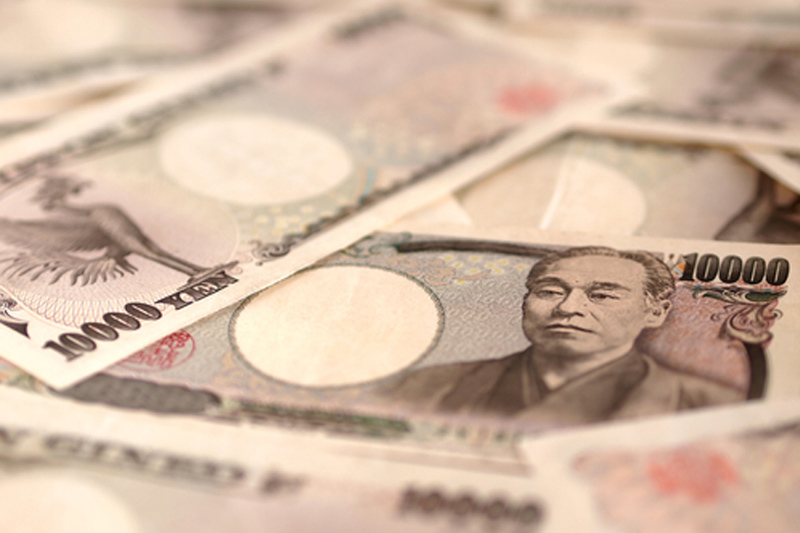IonQ CRO Alameddine Rima sells $4.6m in shares
Investing.com-- Japanese consumer inflation fell slightly less than expected in January, although core inflation remained near a two-year low as consumer spending slowed amid pressure from weakening economic conditions.
Core consumer price index (CPI) inflation, which excludes volatile fresh food items, rose 2% year-on-year in January, data from the Statistics Bureau showed on Tuesday. The reading was slightly above expectations of 1.9%, but slowed from the 2.3% seen in December.
An underlying CPI reading that excludes both fresh food and energy fell to 3.5% y-o-y from 3.7% in December. The reading is a key factor for the BOJ when considering the path of monetary policy, and was at a 11-month low.
Headline CPI inflation rose 2.2 y-o-y in January from 2.6% in the prior month, but picked up 0.1% on a month-on-month basis.
Softer inflation puts less immediate pressure on the Bank of Japan to aggressively tighten its ultra-loose policy this year.
The BOJ is widely expected to leave its policy unchanged when it meets in mid-March. But given that the bank has signaled that inflation reaching its 2% annual target is a key condition for tightening policy, the central bank may offer some signals on a future exit from ultra-low interest rates.
Some analysts expect the BOJ to begin raising interest rates by April. But the central bank has also signaled that any potential increase in interest rates will be gradual, and that it will still keep monetary conditions largely loose.
The slowdown in inflation also comes from an unexpected cooling in the Japanese economy, which entered a recession in the fourth quarter. Consumer spending, particularly on discretionaries, was hit hard by sluggish wage growth and sustained weakness in the yen.
Government subsidies on utilities also helped bring down inflation over the past year.
But worsening economic conditions give the BOJ more impetus to maintain its ultra-loose policy for longer.
